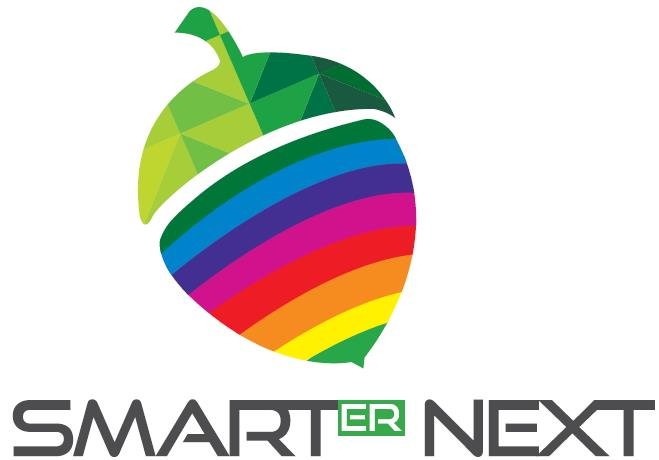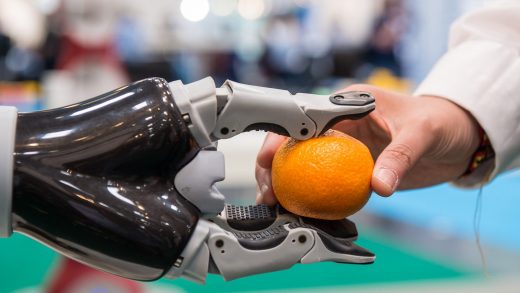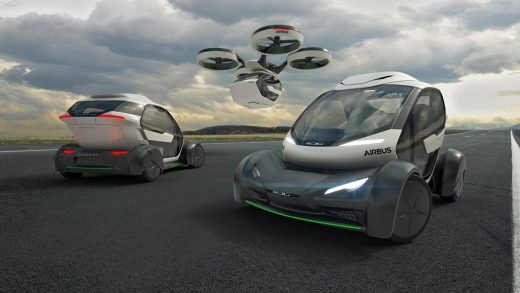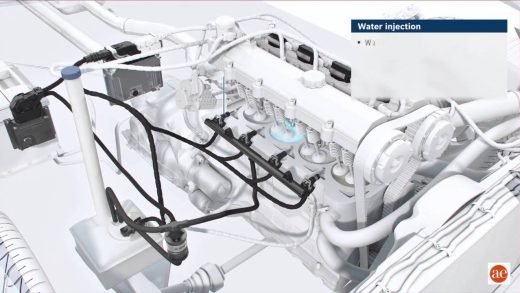“Connected living” market set to be worth $1 trillion globally by 2020
Bucharest, 4 January 2016 – The ‘connected living’ market – new technology that’s changing how people connect with each other and businesses – is projected to be worth $1 trillion globally, according to new PwC analysis.
 The analysis looks at six sectors – connected home (e.g. smart meters), transport (car sharing platforms), work (networking platforms), education (e-learning), health (M-health) and entertainment (online music sharing platforms) – all considered to represent a range of touch points in people’s everyday lives. It explores the megatrends collision between changing demographic and social patterns and today’s vast technological breakthroughs which are shaping how people live more connected lives.
The analysis looks at six sectors – connected home (e.g. smart meters), transport (car sharing platforms), work (networking platforms), education (e-learning), health (M-health) and entertainment (online music sharing platforms) – all considered to represent a range of touch points in people’s everyday lives. It explores the megatrends collision between changing demographic and social patterns and today’s vast technological breakthroughs which are shaping how people live more connected lives.
“Over the next five years, our analysis highlights the significant revenue growth potential for the six connected sectors. Up from around $215 billion last year, the ‘connected living’ market will be worth $1 trillion globally by 2020, representing 29% average annual growth over the period”, stated Ionuţ Simion, Country Managing Partner, PwC Romania.
“The thinking about connected living inevitably focuses on technology, but that perspective should not crowd out the human factor. Changing attitudes and preferences are every bit as decisive as the technology platforms in shaping our future. In fact, it’s more likely to be people, not technology, that are the real disruptors. So we need to look at what’s driving this choice and what it means for business now and in the future”, added Ionuţ Simion.
How the disruption to business manifests itself varies from sector to sector. Certain industries have already experienced considerable upheavals to their traditional business models. Entertainment and media, for example, has been transformed by digital platforms that deliver content to consumers in the form of streaming and on-demand services that by-pass traditional channels. While other sectors – such as services for the home – look little different today to how they have operated for decades.
“Change is coming to all industries. As we reach what may be tipping points for those sudden and decisive changes, businesses need to prepare for the new, more direct relationships with consumers –and develop capabilities and skills that look very different from those they operate with today. We’re already seeing many tech-enabled new entrants disrupting traditional industries and markets, so there is huge potential for growth in the sector and it raises questions to who will be best placed to take advantage of the opportunities connected living brings”, concluded Ionuţ Simion.
Source: Pwc
Photo/video source: AGERPRES









Recent Comments